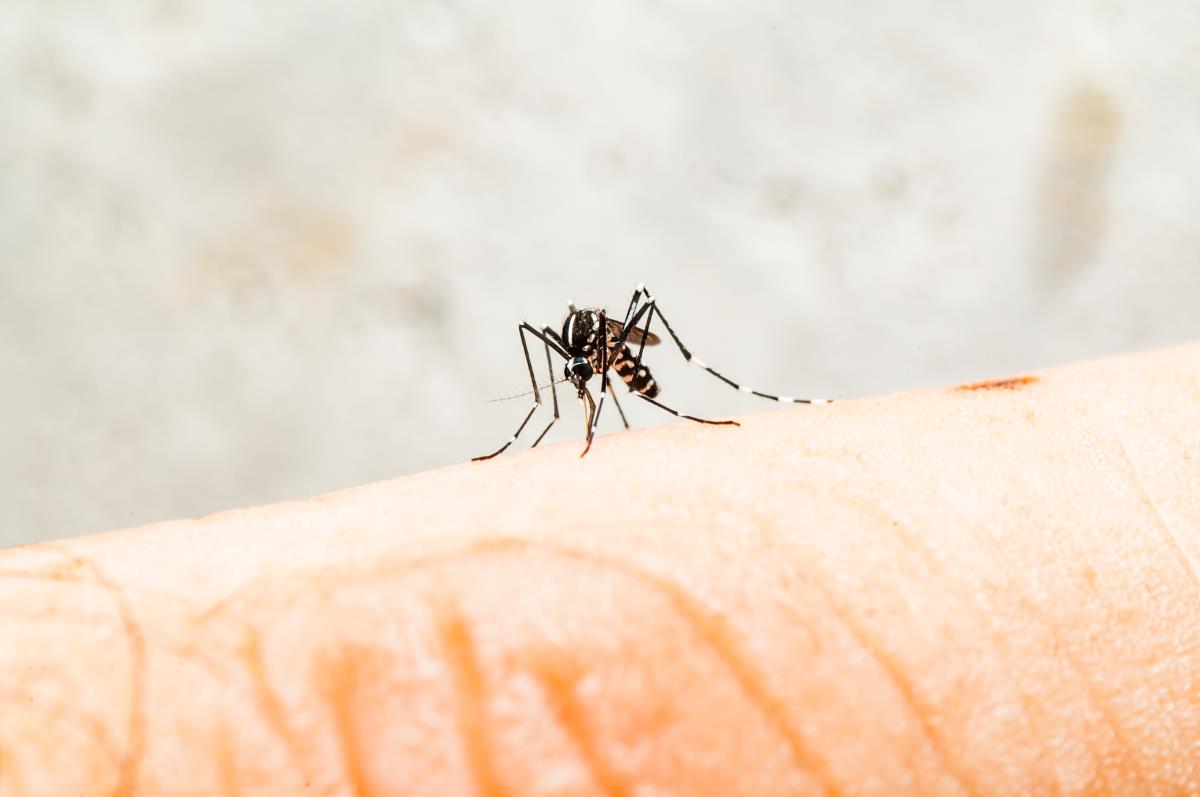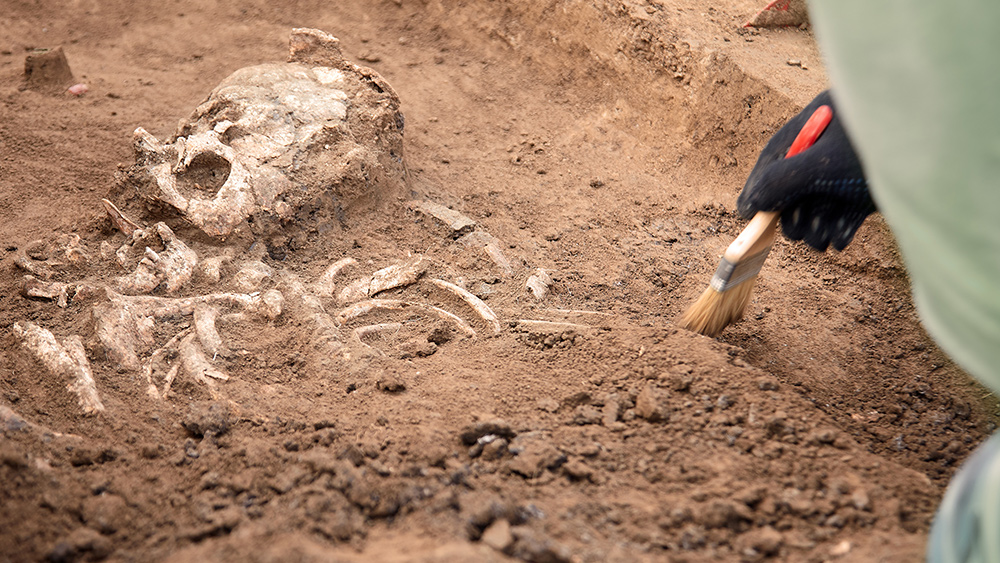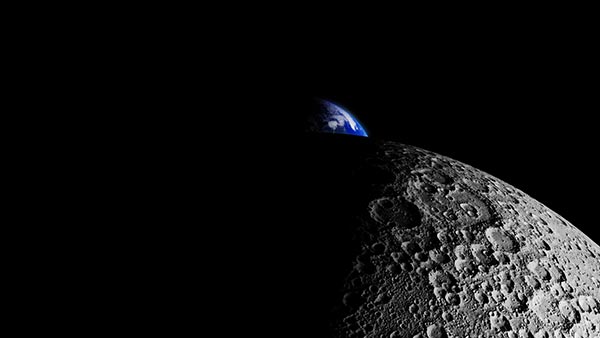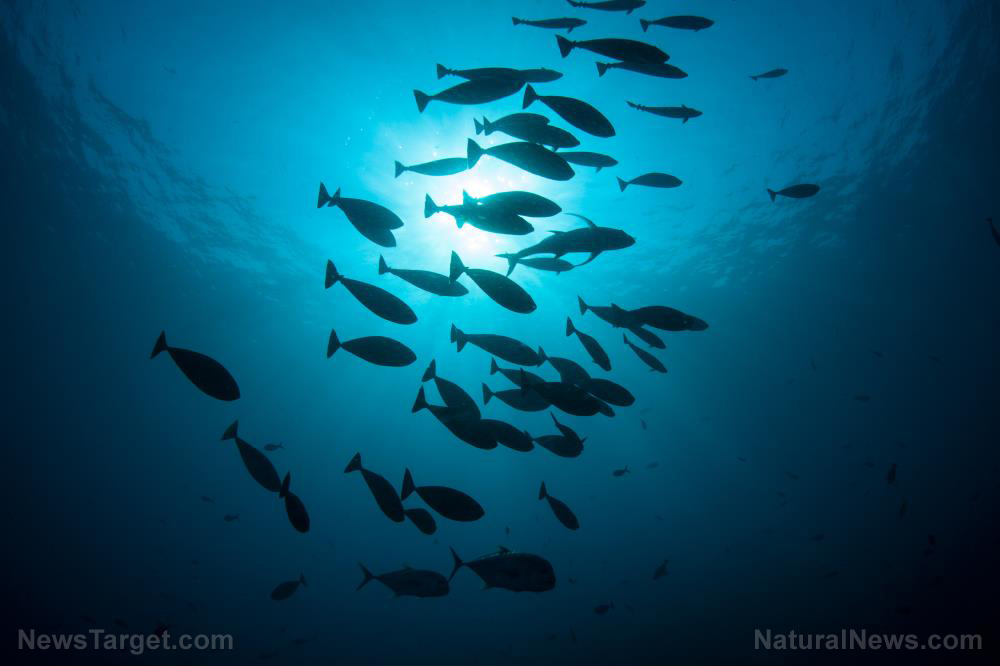Apparent gravity-defying waterfalls spotted along the coast of Sydney, Australia
08/14/2020 / By Virgilio Marin
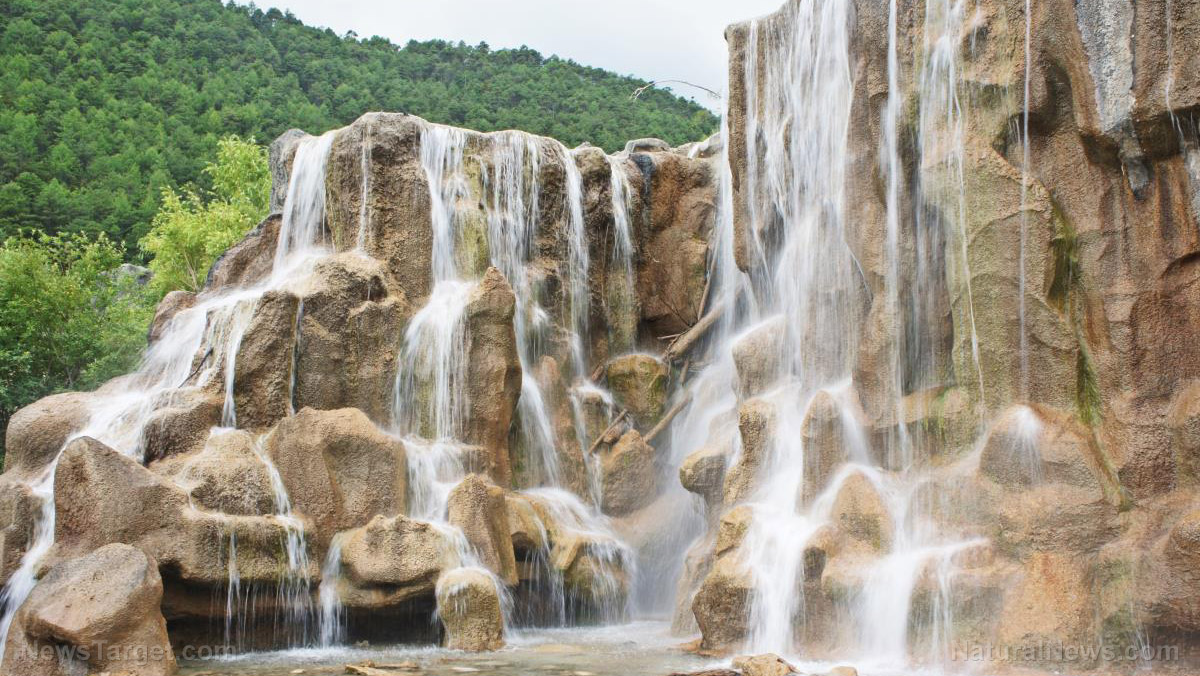
Waterfalls on the New South Wales coast seem to be defying gravity — instead of flowing down, these reverse waterfalls are flowing up. Aerial footage of the waterfalls at the Royal National Park, south of Sydney, shows that streams are blown back up toward the land as water pours over the cliffs.
Last Monday’s reverse waterfalls are not the first time that the phenomenon occurred. Earlier in the year, gravity-defying falls were also observed at Kurnell in the southern area of Sydney’s Kamay Botany Bay National Park. Footage captured by photographer Anthony Clark, shows the same upside-down spray of water. Strong gusts of wind blowing in the direction of the reverse falls can also be seen, fogging the lens of the camera.
The weird phenomenon alerted many people who said that 2020 is getting weirder. However, there is a scientific explanation behind the phenomenon.
Bad weather responsible for reverse waterfalls
The reversing of the waterfalls happened due to the strong gusts of wind that were blowing on the coast. Over the past several days, Sydney and the surrounding coastal areas were hit by torrential rain, strong winds and towering ocean surf. According to weather experts, the winds at the Royal National Park were blowing at 45 miles per hour — strong enough to temporarily divert the course of the falls, resulting in the seemingly gravity-defying action of the water.
The coastline’s wild weather also affected surrounding communities. Thousands of homes lost power after rivers in the vicinity were flooded while hundreds of residents were urged to evacuate their homes for three days during the peak of the storm. One of the main roads feeding into Bundeena, a town near the waterfalls, was also blocked off due to flooding.
Meanwhile, a large boulder slid into an access road while local ferry services halted due to the large sea swell. Authorities issued a warning to people not to walk along the coastal tracks and to stay out of the floodwaters.
In the last few days, the rain began to subside and evacuation protocols were lifted. The waterfalls, on the other hand, were back to their usual course down the cliffs of New South Wales. (Related: 2020 gets “weirder” as Australia gets blanketed by snow not seen since the ’70s.)
Reverse waterfalls from all over the globe
Similar upside-down waterfalls were previously recorded in other parts of the world.
In the United Kingdom, the Kinder Falls displayed the same reverse action before. Kinder Falls normally cascades down the 80-foot cliff, but on windy days, water from the Kinder River is blown back upward toward the Kinder Scout Plateau. In Iceland, the Rjúkandi Waterfall commonly flows upside down — the waterfall is located in the Eyjafjöll mountain range, one of the country’s windiest regions.
Hawaii’s Waipuhia Falls — dubbed as the “Upside Down Waterfall” — also exhibits the same behavior. The falls are located along the Pali Highway in Oahu, in a region exposed to strong winds that cause it to flow in reverse during the rainy season. The upward-cascading water can be seen by driving down the Pali Highway or, for a closer view, by hiking into the valley.
Other areas in the world with recorded reverse waterfalls are Amboli in India and the Cliffs of Moher in Ireland.
Climate.news has more on weird weather phenomena.
Sources include:
Tagged Under: Australia, bad weather, Climate, reverse waterfalls, Sydney, upside-down waterfalls, weather, weird
RECENT NEWS & ARTICLES
COPYRIGHT © 2017 REAL SCIENCE NEWS







